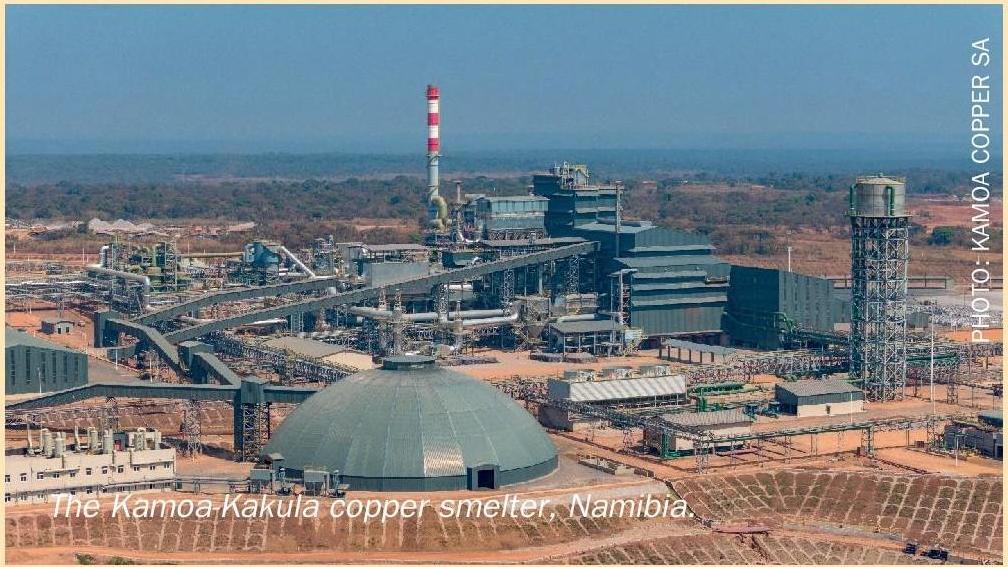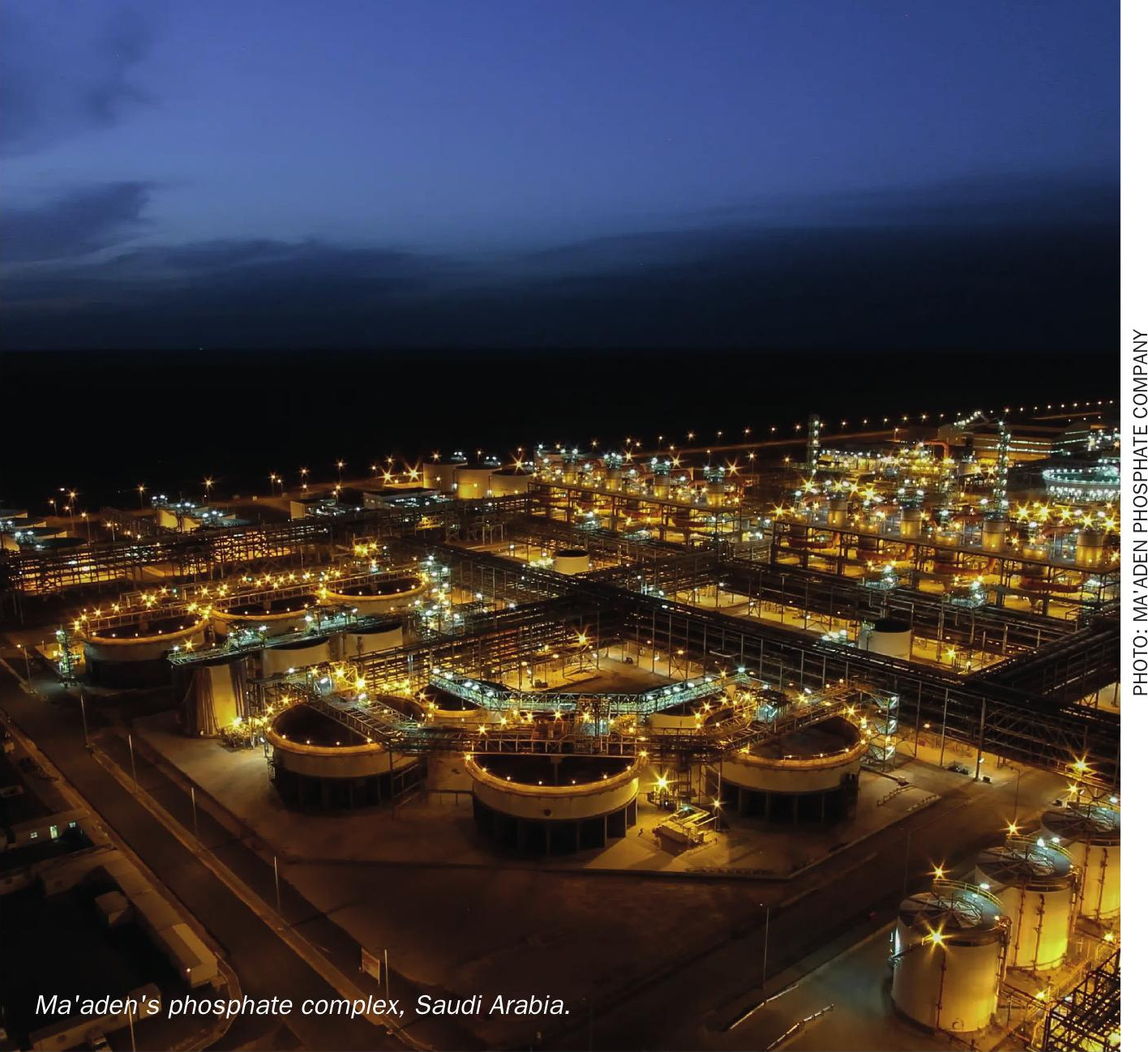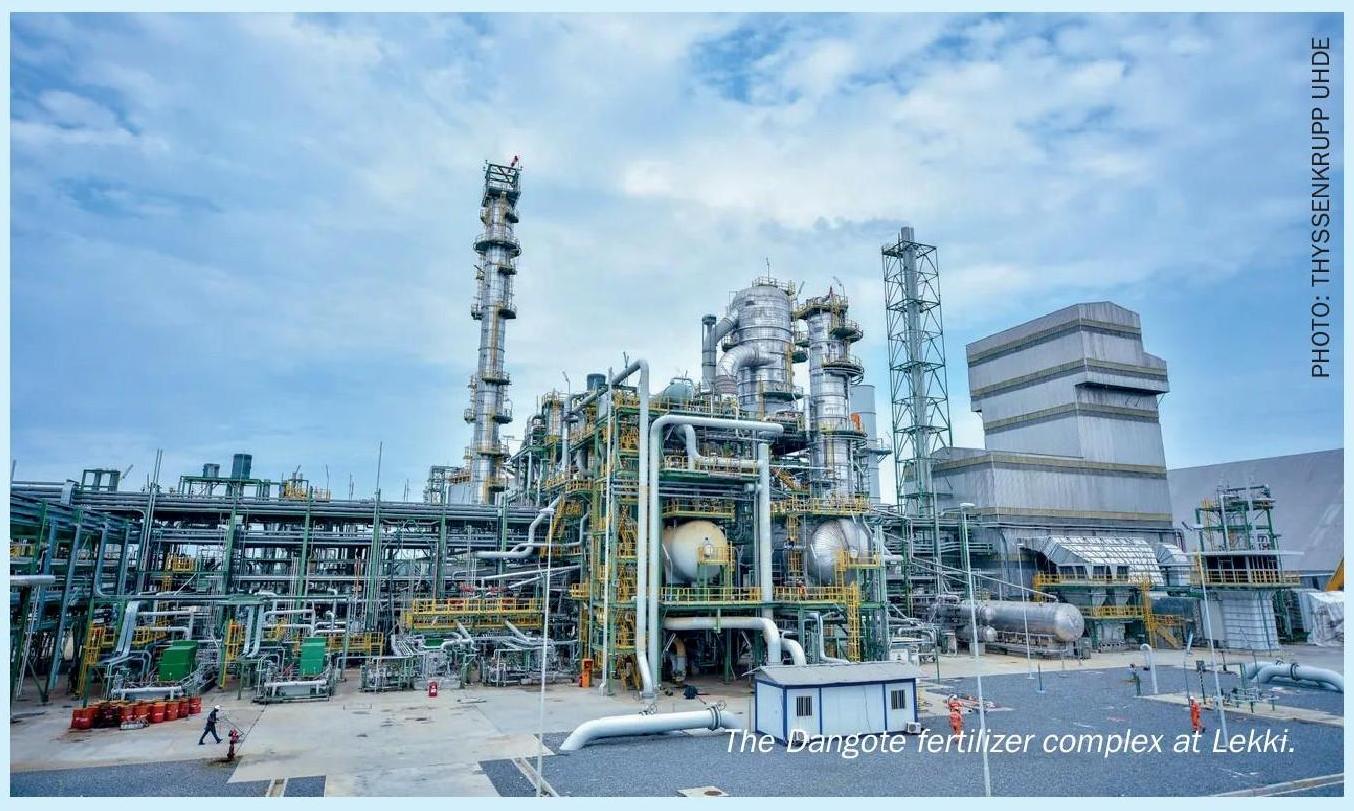Nitrogen+Syngas 394 Mar-Apr 2025

19 March 2025
Toyo to license new large scale urea plant
Toyo Engineering Corporation (TEC) will license its ACES-21 urea technology to Angolan fertilizer producer Amufert for the Soyo urea plant in Angola. The plant will have a capacity of 4,000 t/d and will be the first of its kind in the country, based on abundant local natural gas supplies. Toyo Engineering will supply licensing, basic design, certain equipment procurement and technical services, while international engineering company Wuhuan Engineering will lead the engineering, procurement and construction of the plant. Production is expected to start in 2027. KBR was previously awarded the license for the 2,300 t/d ammonia plant in November 2024 (see Nitrogen+Syngas 393, Jan/Feb 2025, p6).





